![]()
» Post-Rafsanjani Iran
Most of the editorials discussed Hashemi Rafsanjani’s death, suggesting that Iran’s history will be divided into two phases: during Hashemi Rafsanjani, and post-Hashemi Rafsanjani. Rafsanjani had a significant impact on the political path and partisan life in Iran and even his extremist enemies cannot deny his legacy and history. Rafsanjani’s absence will have a meaningful impact on the political balance inside Iran. Rafsanjani solved many internal and external crises in the Iranian regime and was known for upholding stakeholder in his decisions– the most prominent example was persuading Khomeini to agree with a cease-fire and end the Iraq-Iran war. Khamenei has stated that no one can replace Rafsanjani, and there is no doubt that Rafsanjani was carrying many of the regime’s secrets. Rafsanjani mastered the role of the “Second Man” in the Iranian regime who held many strings, without bumping into the regime’s head.
Several Editorials Jan. 9th, 2017
» Suspected money: in what organization?
It is a reality that there is a semi-permanent tax evasion in Iran– whether by individuals or by government agencies–, which increases the tax, pressure on low-income classes. In elections, the conservative candidates have permanent support from the private banks, the revolutionary committees and public institutions. While the reformist candidates are subject to severe financial control and are barred from receiving donations in their electoral campaigns. Among the most prominent examples of supporting conservatives is the senior official support in Ahmadinejad’s government for 170 candidates in the parliamentarian election.
An Editorial in Shargh Newspaper Jan. 5th, 2017
» Turkey today and tomorrow
In recent months, Turkey’s behaviors have turned to a mystery, which is why many experts believe that the Turkish policy lacks a clear strategy. With Turkey’s stance in the trench of Russia and Iran, this country seems to be in the process of changing its foreign policy, forming an alliance with Russia. However, an internal condition in Syria is in such a way that neither Putin nor Erdogan can control it individually. Despite the agreement signed between Turkey and Russia for a ceasefire in Syria that was supported by UN Security Council, everyone knows that the warring groups in Syria do not take orders from countries such as Russia and Turkey. Iran can thwart the ceasefire if it is excluded from the Syrian equation, and Russia and Turkey are incapable of excluding Iran, despite their agreement.
An Editorial in Keyhan Newspaper Jan, 4th, 2017
![]()
♦ Fereydoon Abbasi: West talks to us about language of threats
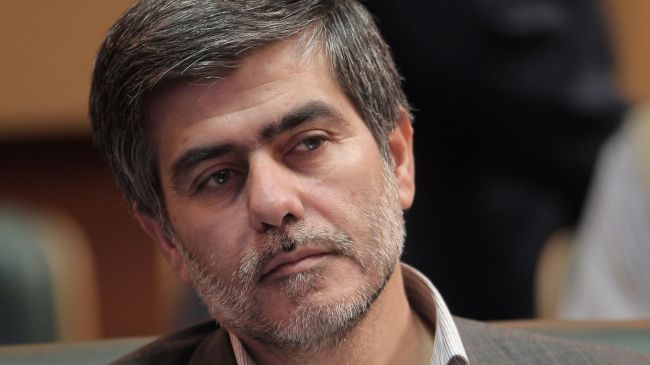
The former head of Atomic Energy Organization of Iran talked about the situation after JCPOA, while questioning claims of government and JCPOA supporters as to successive openings after the nuclear deal. Fereydoon Abbasi said, “From the very beginning when Zarif went to Geneva and left all our country’s achievements there and returned, I said, ‘you left everything there and brought back a half-bitten chocolate. And I still believe that.’”
Referring to issues that were supposed to be resolved after JCPOA, he continued, “What happened to resolve all issues in 100 days? What happened to solve the country’s water crisis, which they had linked to nuclear deal? And what happened to our banking problems?” In relation to JCPOA removing the shadow of war from over the country and nullifying all UN Security Council’s resolutions, Abbasi emphasized that this is not true, as “they are still talking to us with the language of threats. And there are still threats against us.”
Resalat Newspaper
♦ Rouhani concerned over youth unemployment
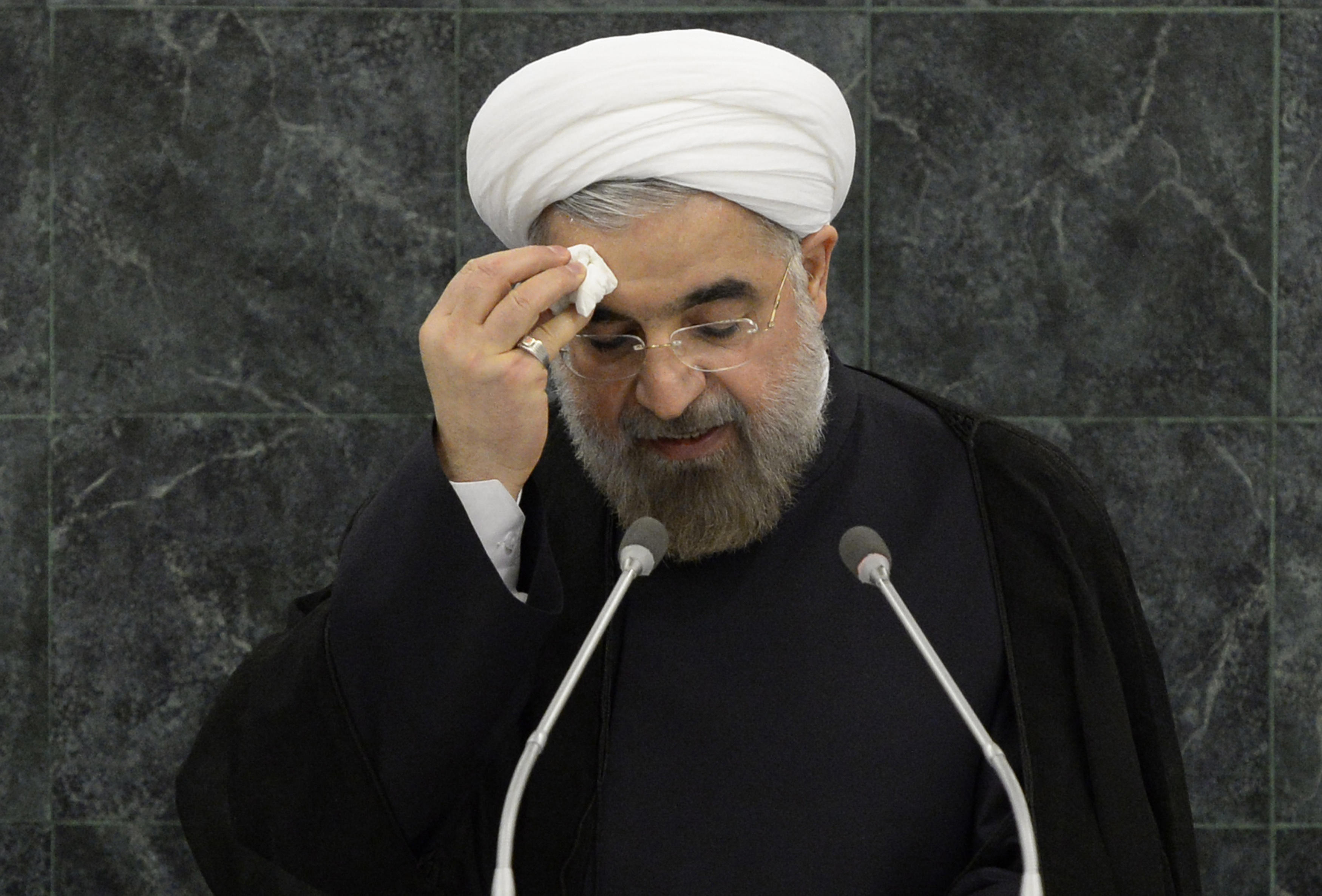
President Hassan Rouhani, in a live interview aired on state-run TV, said that unemployment could be a serious problem for the society and the country, emphasizing, “It is very disconcerting that there might be one, two or even more unemployed youths in one household.” Rouhani added that when there are young people in the society who have reached the age of 25 or 26 and still could not afford to marry because they do not have proper jobs, then “it is crucial for all of us to try to create employment and jobs in the society.”
Rouhani continued that issue of employment has always been raised in his government’s economic meetings, adding that a few years ago, the actual number of students was about 2 million, but today this number is approximately 5 million. “800 to 900 thousand students annually graduate from universities and they need jobs. Besides, there are those who do not go to universities, but still need jobs.”
Bartarinha
♦ IRGC commander killed in Syria
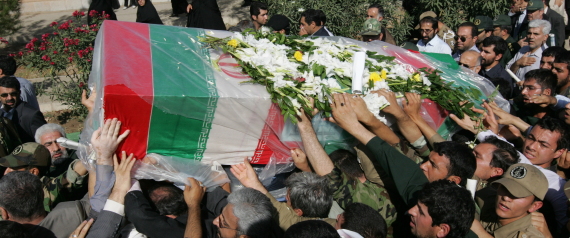
Gholam Ali Gholizadeh, the veteran IRGC general, was killed during clashes with Syrian opposition fighters. Gholizadeh, a veteran of the 8-year war with Iran and Iraq, had gone to Syria since the beginning of conflicts in that country.
Fars News Agency
♦ Dual citizens to be introduced to judicial authorities

Head of Iran’s General Inspectorate Organization, Nasser Seraj said that in relation to using dual citizens in government’s organizations that certain actions and follow-up measures are taken by General Inspectorate Organization. He added that those who have broken the law in this regard would be introduced to judicial authorities. He added that General Inspectorate Organization’s investigations regarding [astronomical] paystubs are still ongoing.
Shargh Daily
♦ Insistence on sterilizing social victims
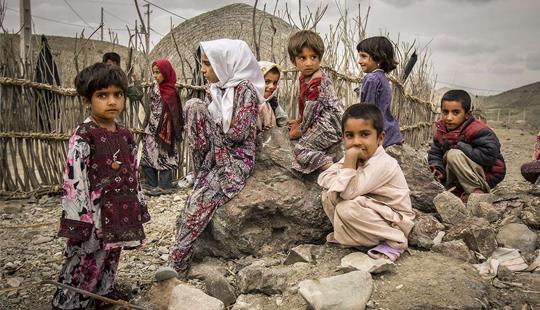
Hardline newspaper Javan holds that the plan for sterilizing homeless women is more like sweeping the issues under the rug than proposing solutions for social problems such as addiction, homelessness, and selling infants and children. Aristocratic management of the society is after dodging the problem through depriving some of the most vulnerable groups of the society of having children—people who are victims of social problems and issues.
Sterilization of homeless women was first proposed early this year when Shahindokht Molaverdi, Iran’s vice president of Women and Family Affairs, emphasized conducting necessary studies for dealing with the birth of infants with addiction or HIV infection. Javan newspaper finds recent remarks of Siavash Shahrivar, deputy governor of Tehran in social problems, “shocking and shameful.”
Javan News
♦ Violence against women
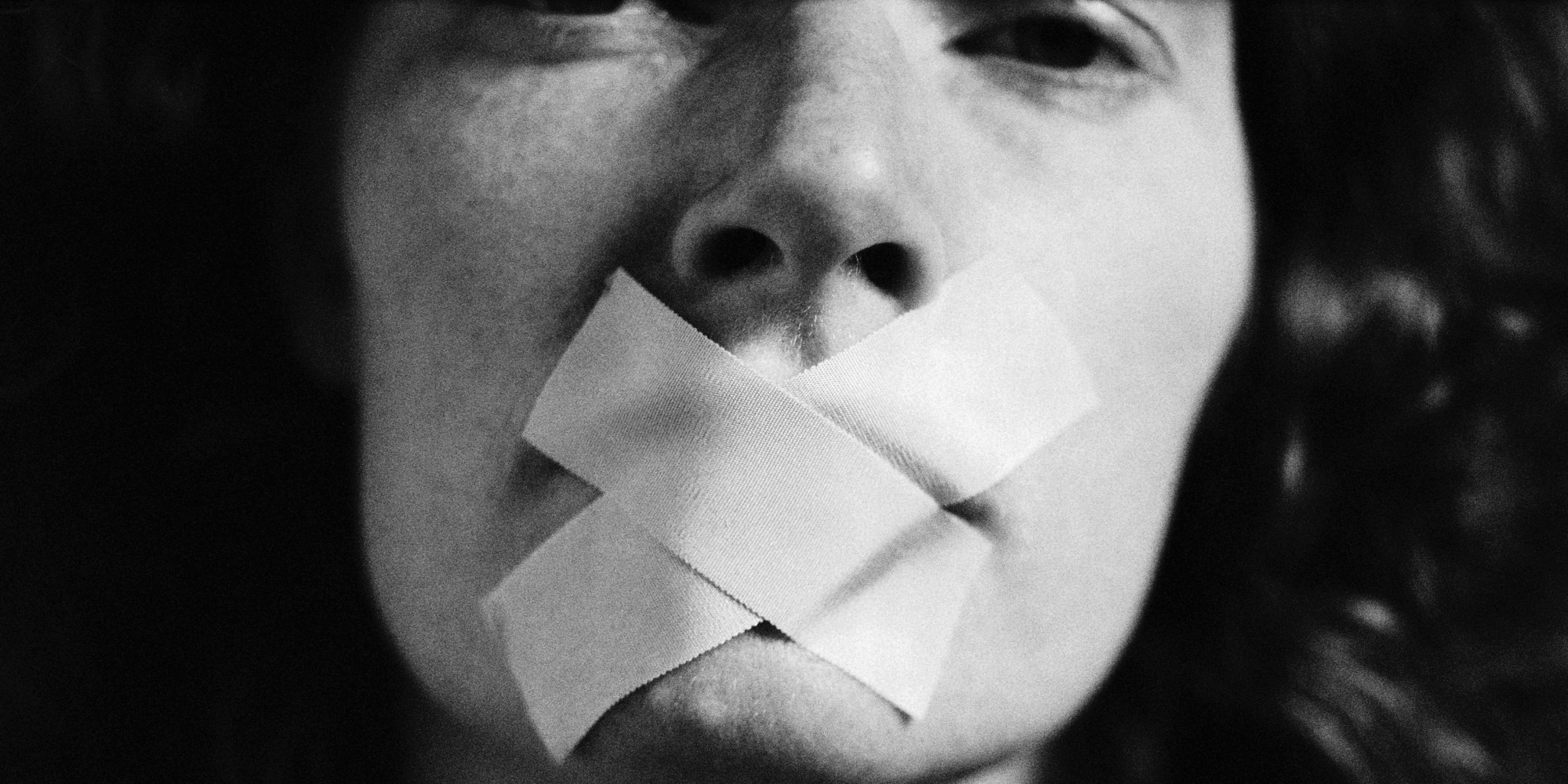
Iran’s vice president of Women and Family Affairs stated that laws regarding eradication of violence against women must be effective everywhere and there is no such thing as “a man’s home is his castle”. Shahindokht Molaverdi, in her talk in National Conference on Eradication of Violence against Women, saw violence against women as a violation of human rights, adding, “Consequence of such violence is discrimination in laws and actions.” The emphasizing necessity of enhancing laws regarding such violence, Molaverdi said, “We are all responsible for violence against women.”
Vice president of Iran Bar Association, Homa Davoodi, underlined that violence against women is not limited to physical persecution, but it includes “symbolic glass ceilings” that exist for women. She added, “Such [hidden] violence does not allow women to be active in higher levels of management.” Bahman Keshavarz, president of Iran Bar Association, stressed the reality of violence against women in Iranian society, despite those who insist on denying it.
Arman Emrouz Newspaper
♦ Britain accuses Iran of cyber attacks

National Center for Cybersecurity recently formed in Britain to combat cyber attacks against computers of important organizations of the country, accused Iran, Russia, North Korea, and China of attempting to hack computers in Britain. The Center– created last October to protect Defense Ministry, Bank of England, and nuclear facilities against cyber attacks– claims to have thwarted 68 attacks in the first month of its operation, with the above-mentioned countries as the main suspects in those attacks.
Fars news agency
♦ Janati: cyberspace more dangerous than drugs

Head of Iran’s Assembly of Experts, in a meeting with Kish Island’s chief of police, stated that the internet “leads the youth astray” and is much more dangerous than drugs, theft, and other social problems, while emphasizing the necessity of confronting its possible damages with all power. Janati told Kish’s chief of police, “Internet influences thoughts, beliefs and moralities of young people, and you should share with others the successes you have had in fighting this serious problem in Kish.”
Ettelaat Newspaper
♦ Differences between Zarif and Araghchi

A pro-government newspaper, Aftab Yazd, wrote of differences between Foreign Minister Javad Zarif and Abbas Araghchi, Iran’s chief nuclear negotiator. Referring to Araghchi’s absence from the media in the past 2 months, Aftab Yazd stated that while many expected Araghchi to react to the extension of Iran Sanctions Act (ISA) and its impact on JCPOA, he was silent and did not show up in the media.
The pro-government newspaper then talks about rumors circulating about Araghchi’s lengthy absence from the media. The first one says that Abbas Araghchi prefers not to appear in the public to answer questions about the extension of ISA. Iran’s right-wing currents are thus trying to suggest that Araghchi is too embarrassed for extension of D’Amato Sanctions.
The second rumor has it that Araghchi’s absence from the media is due to his differences with Iran’s FM Zarif over disclosing the confidential issues of Foreign Ministry.
Alef Website
♦ Who will replace Hashemi?
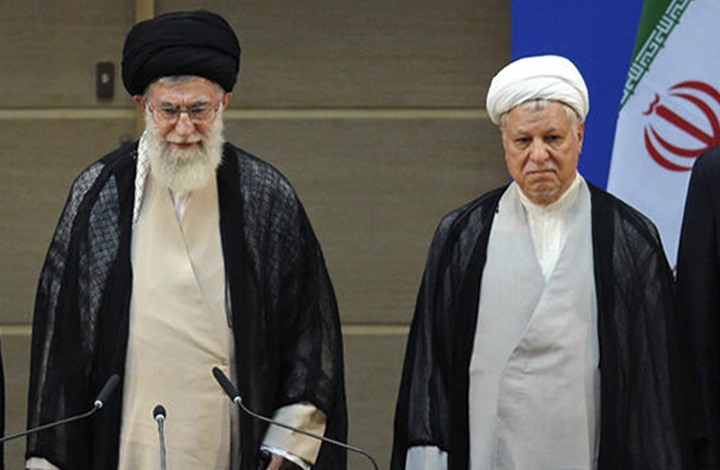
The death of Hashemi Rafsanjani leaves three important positions empty: Head of Expediency Discernment Council, his position as a member of Experts Council, and his position in leading reformist and moderate current in Iran. The first one can be filled by supreme leader appointing someone to Expediency Discernment Council. As for his position in Experts Council, Tehran’s people will vote and elect a representative to replace him.
But Hashemi also had a “high national position” as an “elder in the reformist and moderate current.” There is no doubt that as Hassan Rouhani is the closest to Hashemi in his political and managerial approach, he might be able to replace him in future.
Khabar Online
♦ Rafsanjani’s death: heart of construction stopped
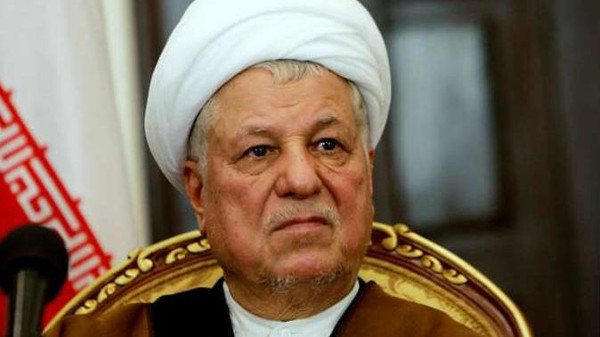
After 60 years of incessant fight, efforts, and service to Islam, Khomeini, revolution and Khamenei, Hashemi Rafsanjani died, writes the editorial. He was one of the pillars of Iranian revolution along with Beheshti, Motahari, Bahonar, and Rajaee. Hashemi was indefatigable helper and supporter of Khamenei, and years of torture and imprisonment did not stop him from following Khomeini’s path.
After Khomeini’s death, Hashemi played a significant role in the election of Khamenei as Iran’s supreme leader, by quoting that the late leader put his trust in in Khamenei’s character and management.
Rafsanjani later had great responsibilities in the leadership of the country as head of Experts Council, Expediency Discernment Council, and 8 years as Iran’s president.
Abrar Eghtesadi Newspaper
♦ Sexual harassments of students in Iran increase
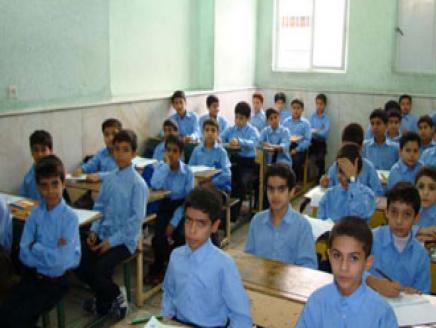
In a meeting on Child Abuse in Iran’s Educational System, child rights activists reported that statistics show an increase in child abuse and harassments in Iranian schools in recent years. Hadi Shariati, lawyer and child rights activist, called the educational year 2015-2016 “year of teenagers and students committing suicide”, as 17 cases have been reported– seven of which were due to educational pressure.
Hadi Shariati added that in the educational year 2015-2016 most important cases of child abuse involved sexual harassment. Three cases were reported in the media, with 14 plaintiffs in one of the cases. He added that in the current educational year (2016-2017), there have been two cases of sexual harassments–one in a village close to the city of Zanjan, and the other in non-profit school in Tehran.
Donyaeh Hoghogh
♦ A ‘Chinese pattern’ for social media rules in Iran

Abolhasan Firouzabadi, the head of Iran’s Supreme Council of Virtual Space, says the foreign social media, in order to be active in Iran, must observe new requirements from now on. Firouzabadi added that foreign social networks need to be registered and have legal representatives in Iran. They also should “transfer their data onto servers inside Iran,” he added. Firouzabadi referred to China’s same regulations to justify the new rules set by Iran’s Supreme Council of Virtual Space. He further encouraged setting up “Iranian networks owned by Iranians inside the country.”
Radio Zamaneh
♦ Rouhani-Larijani differences reach the second tier of managers of two branches
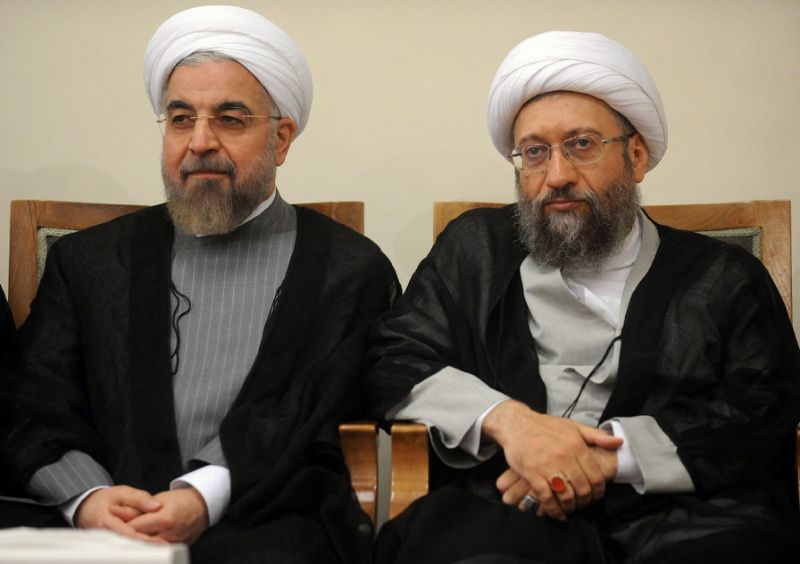
A week after direct criticisms leveled by heads of executive and judiciary branches at each other, two senior officials of these branches made criticisms in continuation of an altercation between Hassan Rouhani and Sadegh Larijani.
Minister of Islamic Culture and Guidance, Reza Salehi Amiri, in an editorial in Iran Newspaper, wrote that Larijani’s response to Rouhani’s remarks was not “worthy” or “appropriate”. Following Rouhani’s criticisms of judiciary system for not handing Babak Zanajani over to Intelligence Ministry for discovering the truth about financial corruption, Larijani talked of a coup by the government and foreign ministry, while implicitly accusing Iran’s president of receiving a considerable amount of money from Zanjani during 2013 presidential elections.
VOA Persian
♦ Hardline cleric to Iran senior authorities: Stop publicizing your disagreements!
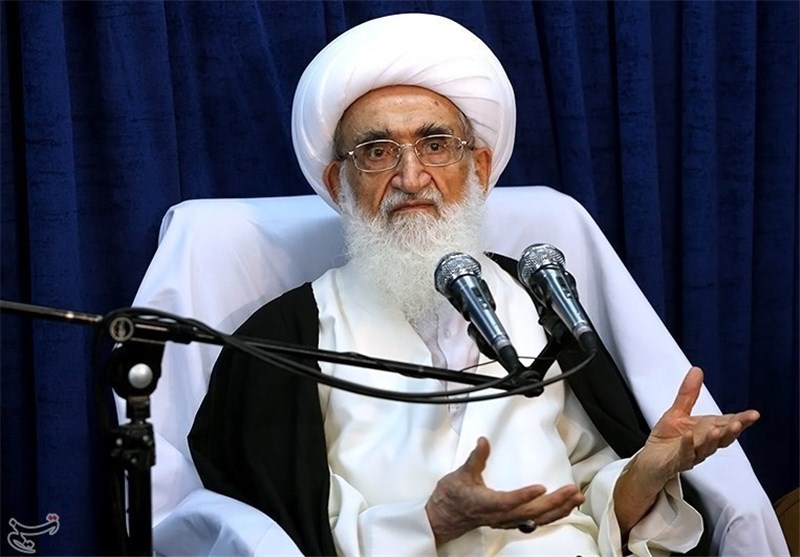
Hardline senior cleric Hossein Nouri Hamedani has urged Iran’s President, Judiciary Chief, and Parliament Speaker to avoid giving publicity to their differences. “Solve your problem in a closed-door room,” said Hamedani. He also stated that extending disagreements to media and society are not to the benefit of the regime. “Of course, some authorities say things to people and then do not expect any response,” he said. Hamedani also stressed that Supreme Leader has the “final word” in the regime, saying, “There must be no schism or discord in a country ruled by Vali Faghih.”
Khabar online
♦ Sister of former Tehran MP arrested
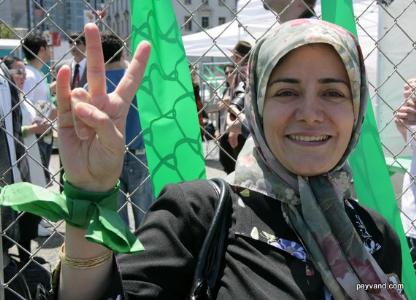
Leila Haghighatjou, the sister of former reformist lawmaker Fatehemeh Haghighatjou, has been detained. The Haghighatjou family has no information about Leila’s whereabouts, the reason for her arrest, or the institution responsible for it. According to Kaleme website, Leila’s mother has written a letter saying her daughter has been arrested for the past two weeks without prior notice, “When Leila and her 12-year-old son were home alone, they came to their home and took her away, while confiscating her and her son’s PC, mobile and tablet.”
Leila’s sister, Dr. Fatehemeh Haghighatjou served as a member of Iran’s reform parliament from 2000 to 2004 during which she was known as an outspoken advocate of human rights and political reform. She resigned in 2004 after a crackdown on reformists and left Iran in 2005. She currently resides in the U.S. as the CEO of Nonviolent Initiative for Democracy Inc.
Radio Farda
♦ Iran’s judiciary, executive branches’ clash continues
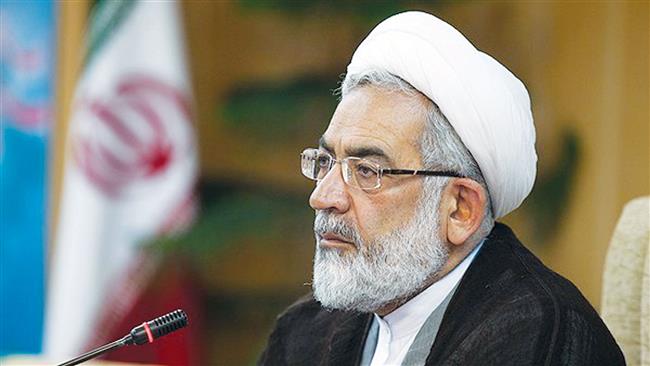
In a critical remark targeting President Hassan Rouhani, Iran Prosecutor-General stated, “sometimes one says words during a speech without considering their effects and consequences.” Mohammad Jafar Montazeri added that he hopes the authorities, in case they have questions about vague issues, “pose them in private meetings.” As for clarifying the judiciary’s accounts, he said this branch has an approved budget, which is spent in compliance with all legal regulations: “There are courts of audit and financial controllers which check all the money spent.”
Jam e-jam online
